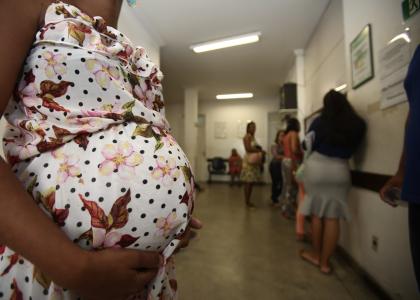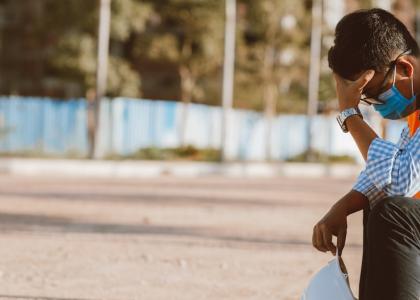SUD/MI
Transdisciplinary Research, Equity and Engagement Center for Advancing Behavioral Health

This project will develop an innovative Transdisciplinary Research, Equity and Engagement Center for Advancing Behavioral Health (TREE Center) that will expand on the knowledge, research capacities and cross-sectoral collaborations established by the former NM CARES Health Disparities Center.
Cognitive Control in Children of SUD Parents: A Longitudinal Multimodal MRI Study

Therefore, this Stress and COVID-19 (S&C) Study is designed to understand how COVID-19 is affecting substance use (SU) and mental health (MH) across different racial/ethnic communities.
Optimizing Access, Engagement and Assessment to Elucidate Prenatal Influences on Neurodevelopment: The Brains Begin Before Birth (B4) Midwest Consortium

This study enrolls pregnant and postpartum women into a multi-wave study to assess medical, economic, psychosocial and substance use risk across pregnancy and the perinatal period, studying associations of these factors to infant neurobehavioral development during the first year of life.
Planning for the HEALthy Early Development Study

This project will build on an existing national pregnancy cohort study of women with a wide range of underlying health conditions to address COVID-19 symptoms, testing and antibody status, as well as the behaviors of participants during the pandemic.
Southwest Health Equity Research Collaborative

The overarching goals of the project are to (1) document impacts of relaxed restrictions for telemedicine and mHealth; and (2) assess implementation of MAT “take-homes” for people in substance use disorder treatment in rural, underserved, and minority communities in Arizona in the wake of COVID-19.
Testing of a Patient-Centered e-Health Implementation Model in Addiction Treatment

This project will enhance the ACHESS smartphone app with new COVID-19 related features and then examine how patients use ACHESS features, how organizations refer patients to the ACHESS, how they interact with patients in ACHESS, and the overall impact of the ACHESS features.
COVID-19 Pandemic Mitigation, Community Economic and Social Vulnerability, and Opioid Use Disorder

The goal of this study is to leverage large comprehensive claims and electronic health data, capturing nearly half of the U.S. population from before the pandemic through 2026, to test our hypothesis that social and economic vulnerabilities, as well as economic side effects of the pandemic will escalate the prevalence of OUD and related harms.
Policies on Racial/Ethnic and Socioeconomic Disparities in Mental Health and Healthcare Utilization

The goal of this study is to leverage, expand upon, and link existing national data sets to test the hypothesis that county-level public health and social policies have affected disparities in mental health and healthcare utilization.
Adapting Coordinated Specialty Care in the Post COVID-19 Era

This project will examine the implications of modifications to service delivery within the OnTrackNY learning health care system (LHS) during and after the COVID-19 crisis.
Family-focused vs. Drinker-focused Smartphone Interventions to Reduce Drinking-related Consequences of COVID-19

This project is a Hybrid II RCT/implementation study modifying and testing two of our alcohol smartphone interventions to address the fallout from COVID. This work is an extension of our evidence-based Addiction–Comprehensive Health Enhancement Support system (ACHESS), augmented with COVID resources.